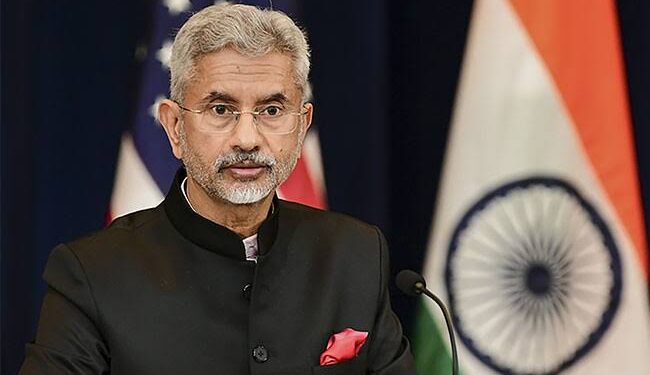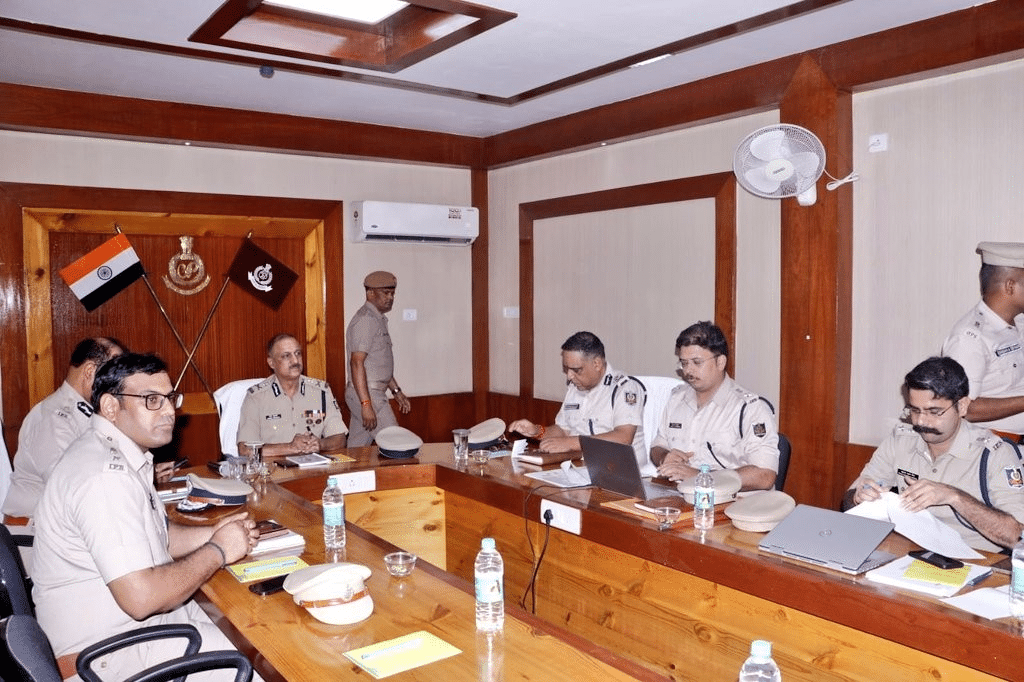External Affairs Minister S. Jaishankar on Friday voiced strong support for Defence Minister Rajnath Singh’s decision to withhold India’s signature from the Shanghai Cooperation Organisation (SCO) joint statement. Singh, who is currently in Qingdao, China, refused to endorse the communiqué because it excluded any reference to terrorism—a core issue for India and a stated foundational objective of the SCO.
Speaking to the press, Jaishankar explained, “Rajnath Singh’s view rightly was—when the main purpose of the organisation is to fight terrorism, and one country refuses to allow even a mention of it, then there’s no point in endorsing such a statement.” He emphasized that the SCO operates on the principle of unanimity, and any attempt to dilute its anti-terrorism mandate undermines its legitimacy.
Jaishankar did not name the country that objected to the inclusion of terrorism in the document, but China and Pakistan, both SCO members, are widely suspected to have raised objections. The issue became even more sensitive in light of the April 22 terror attack in Pahalgam, Jammu and Kashmir, which killed 26 people, mostly tourists—a tragedy India had expected would be acknowledged in the joint statement.
Due to India’s refusal to sign, the SCO defence ministers’ meeting concluded without a joint communique, signaling deep divisions within the bloc. The SCO comprises India, China, Russia, Pakistan, Kazakhstan, Kyrgyzstan, Uzbekistan, Tajikistan, Iran, and Belarus.
India’s strong stance sends a clear message that it will not compromise on terrorism-related concerns, even at the cost of multilateral consensus.





























